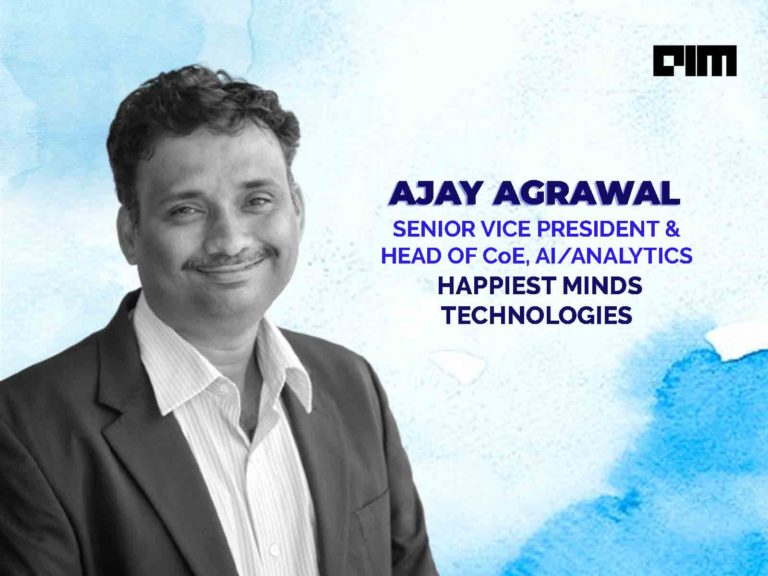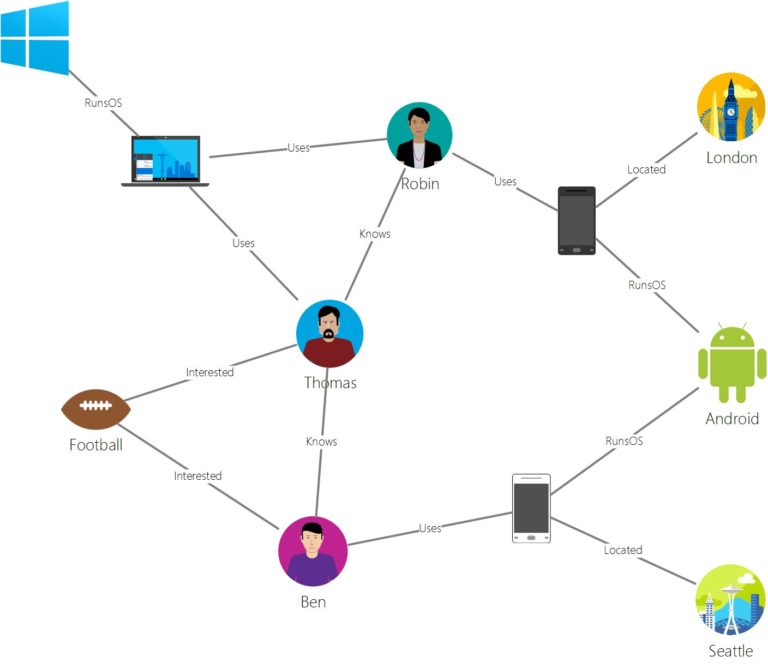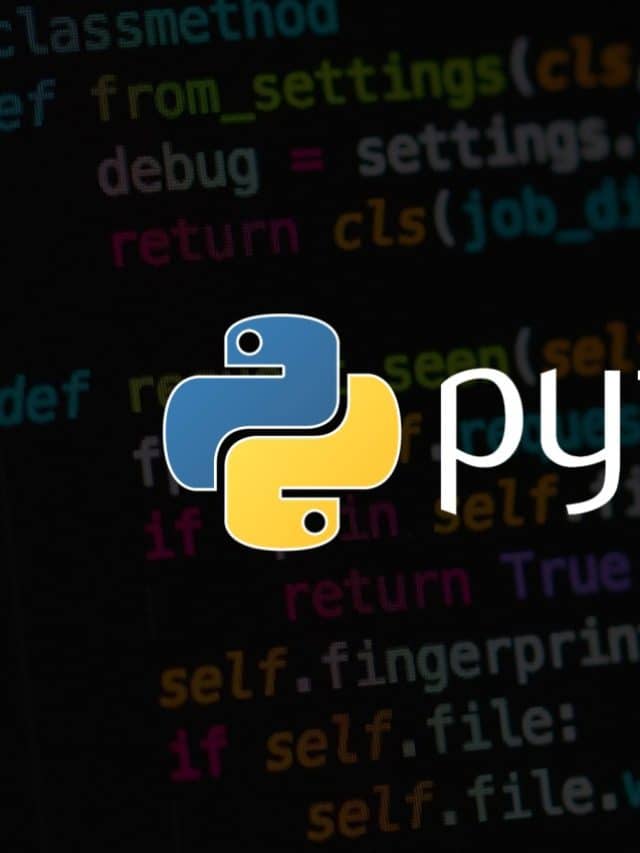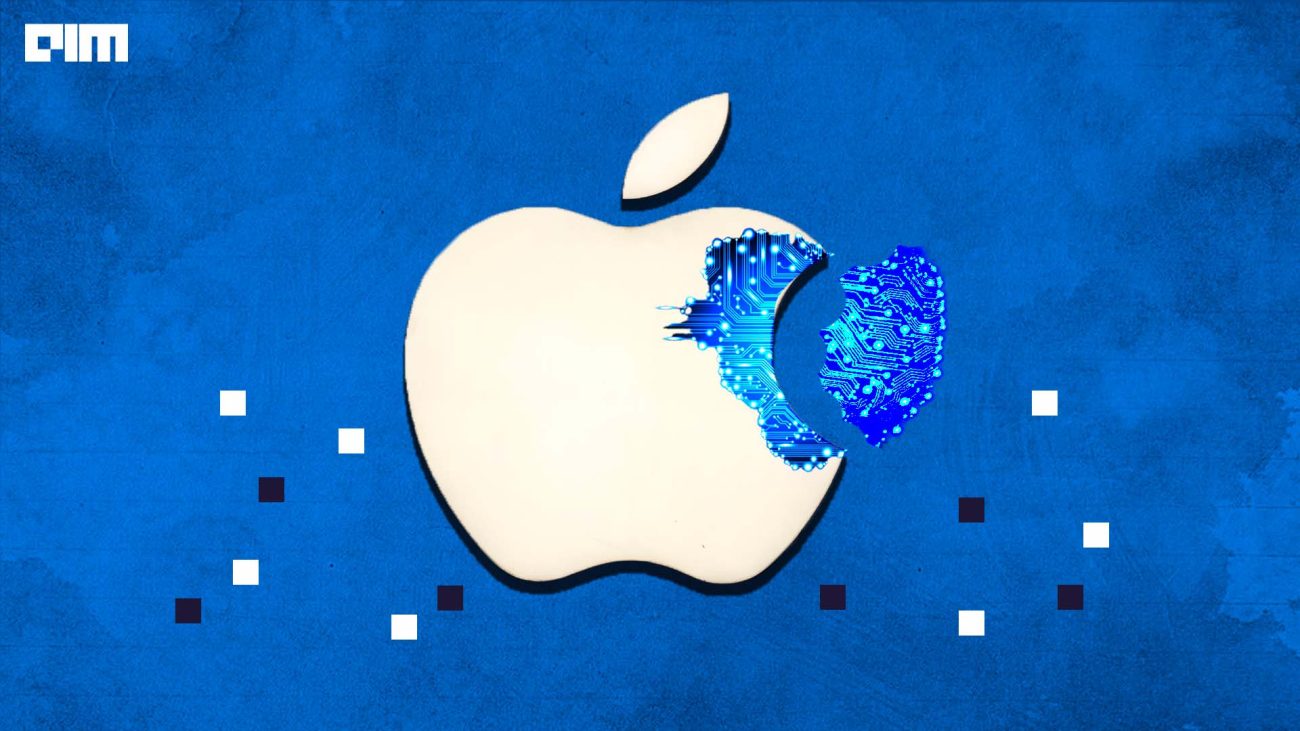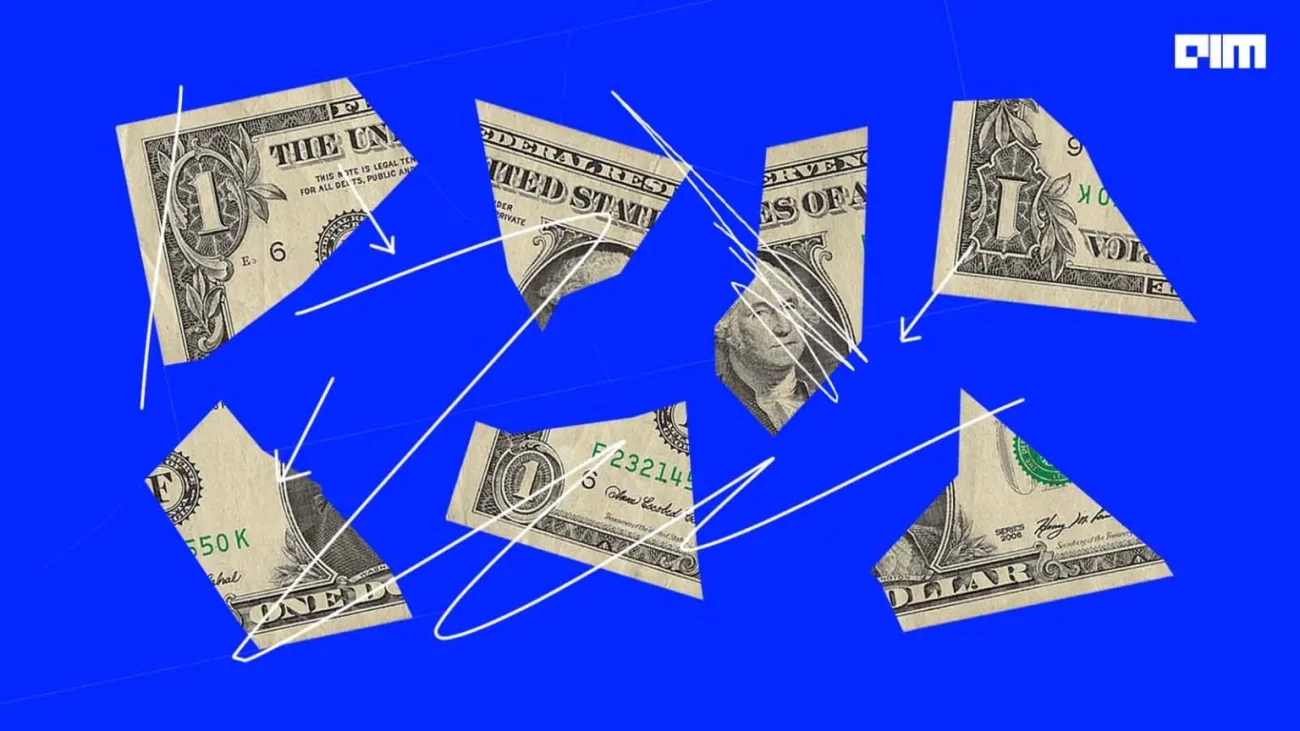With the big data revolution, companies have been increasingly using the data around them to gain meaningful and useful insights into their organisation. On average, about 2.5 quintillion bytes of data are produced every day, which is unheard of for the ordinary people around who are mostly responsible for it. To get benefits from this data, the company hires data professionals who will be given reigns to it to read and produce insights beneficial to the organisations. These data scientists will be handling a plethora of sensitive data from not only the common people but also large organisations. So, it becomes imperative for data scientists to follow a code of ethics in their day-to-day workflows.
Below are mentioned some of the ethics concerning client and data scientist relationship:
Decision Making
Data scientists under no circumstances should make decisions without consulting a client even if the decision that the data professional has in mind is for the betterment of the project. Data scientists and clients must have a clear understanding of the goals and objectives of projects.
Suppose a data scientist wants to take action about a certain ongoing project on behalf of a client. Then even if the action is beneficial to the client and the project, it should be communicated with the client, and the decision must not be taken on behalf of the client.
Data scientists should only make the decision when the professional is solely implied to do so in the contract or as far as their authority goes.
Communicating With the Client
A data scientist has to always maintain transparency between the client and themselves. Professionals should always keep the clients well informed about the different ways the project is being handled, i.e., a data scientist must keep the clients updated about things like what data is being used, where is it being used, and how it is being used.
After one has informed the client about the process, the next step towards good ethics is consulting with the client. Data scientists must always be asking questions. Keep the client informed about the progress made and also consult about any real or potential hidden risks relying on the data science results. The result must be explained clearly and extensively to the client for making informed decisions regarding data science.
Confidentiality
Data scientists are always involved in creating, developing and receiving information. Generally, this type of information consists of data about the client affiliates, customers, employees or other parties with whom the clients have a confidentiality agreement. Then, it becomes a data scientist’s duty to protect the confidential information regardless of the type. This kind of information should only be discussed or talked about only when the client gives permission to data scientists.
In The Event of Conflict of Interest
Generally, a conflict of interest is when a data scientist’s service for one client is directly adverse to another client, or there is a significant risk involved that will limit data scientist’s responsibility towards one client because of other client’s work or other parties that may get involved.
One of the ways to avoid a conflict of interest is when the client gives informed consent, confirmed in writing about the data science services.
Dealing With Potential Clients
A prospective client is someone who is not a client but is in constant contact with the data scientist (in this case) to form a relationship of a client-data scientist relationship. A prospective client is a potential client. So, this prospective client during the course of discussion is in constant contact with data scientists and shares valuable information with them. Data scientists must be responsible when working with this data.
Data scientists must also keep in mind that whatever discussions are going on with the prospective client should not hinder the current work and if a piece of information is provided by other prospective clients in the same industry, it might affect the current client’s work. Consequently, data scientists should avoid working in that situation.
Providing data scientists services further is permissible if there is written consent from both the potential clients involved.
Always Being Informative
Data scientists from a personal point of view must always be updated with the latest trends and developments in the data science space. As a data professional, if one comes across any latest trend or new development in the field regarding a project that the professional is working on, it becomes data science professional’s responsibility to explore different ways to enhance the project. The data scientist needs to keep both the existing clients and the prospective clients informed about the latest trends and work towards a better and enhanced solution.
Ethics Concerning The Data
- The first and foremost thing when it comes to data is keeping the clients informed about what is being done with their data and provide substantial evidence for it.
- The next important area concerning data is quality. Many times, a ‘dirty data’ tends to give out a false output. It becomes the duty of the data scientist to rate and discuss the possible implications of this kind of data with the client.
- Along with consulting with the client, the data scientist must take measures when there are implications of the client misusing data.
- Of course, data scientists must respect and protect the data that is shared with them by the client.
- A data scientist must not lose track of being responsible with data in order to chase the accuracy of the model or the project.
Moreover, a lot has been talked about ethical concerns with data and privacy. A data science professional needs to make the data a high priority, whether it is for the sake of quality or public/client confidentiality.
Misconduct
The above mentioned are some of the essential ethics specific to data science. These data science ethics overlap with some of the tenets of AI as well. If a data scientist fails to adhere to the ethics mentioned above or to the others, it can be said to be professional misconduct. Other misconducts include committing a criminal act related to the data science, fraudulent practice of data science concepts, mixing prejudice with data science and misusing the data science results to create a false reality or promote it.





